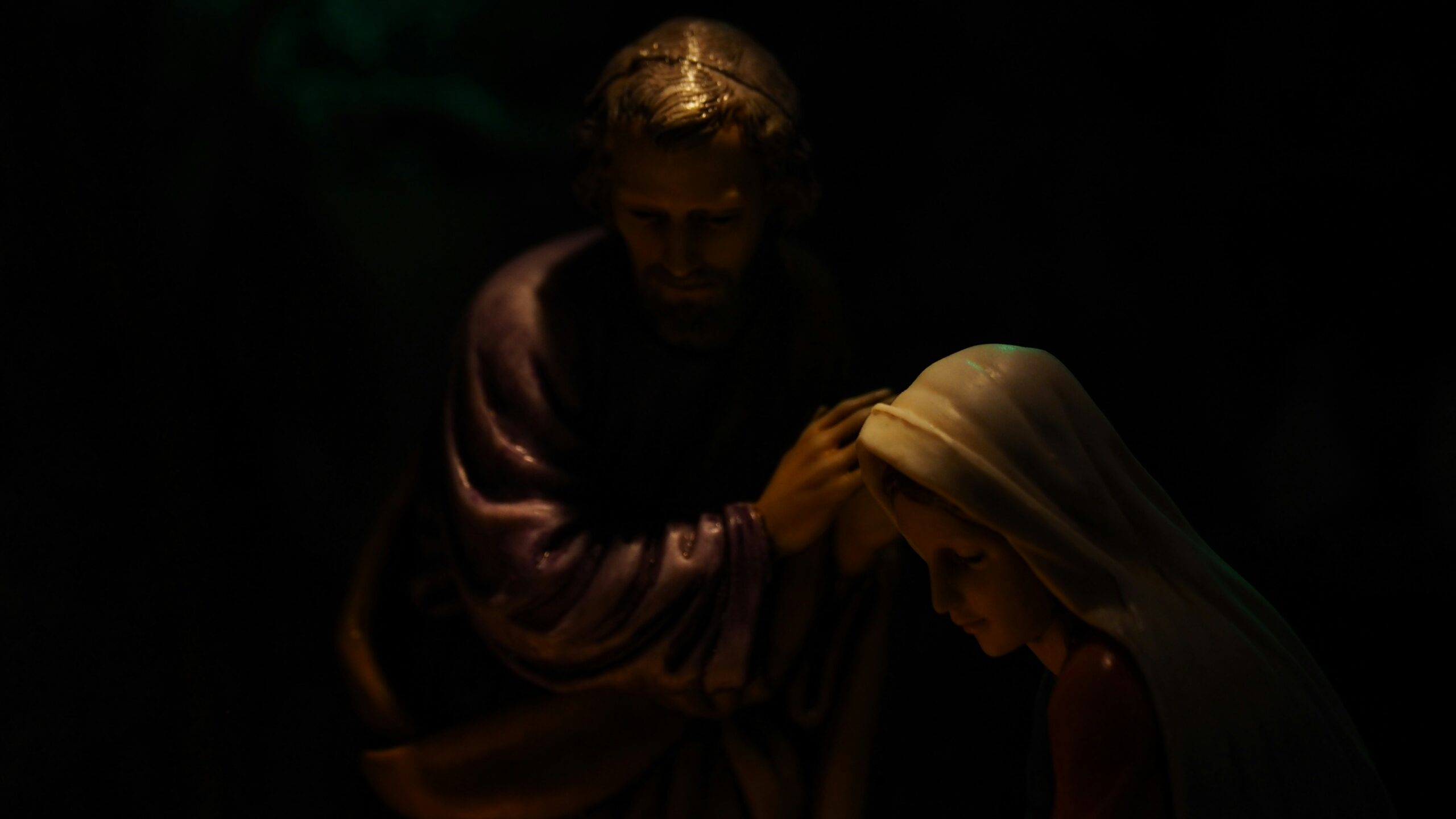Almost a year ago, I wrote about waiting and discussed how it can be productive. There are numerous Scriptures and Bible stories that involve waiting. It bears revisiting and looking at it from a few different angles. After all, waiting is an important, albeit difficult, spiritual discipline. The Bible mentions waiting frequently. Here is a sampling:
Psalm 37:7 Be still before the Lord and wait patiently for Him.
Psalm 130: 5-6: I wait for the Lord, my soul waits, and in his word I hope; my soul waits for the Lord more than watchmen for the morning, more than watchmen for the morning.
Isaiah 30:18: Therefore the Lord waits to be gracious to you, and therefore he exalts himself to show mercy to you. For the Lord is a God of justice; blessed are all those who wait for him.
Isaiah 40:31: They who wait for the Lord shall renew their strength; they shall mount up with wings like eagles; they shall run and not be weary; they shall walk and not faint.
Waiting often feels counterintuitive to human nature. We live in a society where speed is advertised as a virtue – “fast and easy” is the catchphrase of every service offered to us. We drive fast, we eat fast, we walk fast, we shop fast.
If we are honest with ourselves, waiting is not one of the disciplines of the Christian life that attracts us. It’s more something we endure. Something in the back of our minds keeps reminding us that life is short, so we should cram it full of hurried activities for it to count.
I can relate. “Pole pole” (pronounced polay, polay) is an expression often used here in Kenya. It means “slowly but surely.” The pace at which things happen here is much slower than what we Americans are used to. It took a month to open a bank account and after a four-month wait, we still don’t have our work permits. Getting our car title signed over is another lengthy process, and deliveries of household goods or the arrival of repairmen seldom happen within the promised time frame. There is a Swahili word for punctuality. It is “muda” but it’s seldom practiced.
Waiting is part of daily life.
The bad news is that it can get on your nerves when you hate “wasting” time, if you tend to hurry through life like I do, or if you thrive on getting accomplished a lot in a short period of time.
The good news is that we’re in good company. Moses had to wait forty days and nights for the Lord to show up on the mountain to give him the Law. And that was after he had to wait for forty years before he was ready to be called by God to lead his beloved people out of Egypt. Several decades later, the people of Israel had to wait by the river Jordan for three days before they could cross it because God was working upstream to stem the water flow. Several thousand years later, the disciples had to wait in Jerusalem for the Holy Spirit to come and Saul of Tarsus had to wait for thirteen years in the desert before he was ready to begin the ministry God had called him to at his conversion.
Clearly, waiting is part of God’s way of sanctifying us and preparing us for the ministry He has intended for us to perform.
So we must confront the lie that fast is good and repent of our human tendency to rush – especially when we want to cram our lives full of hasty and frenetic activity and believe that busyness is tantamount to godliness.
So, let’s examine the divine delays in our lives that force us to wait – no matter the cause – and see the abundant blessing that waiting brings. And abundant it is because God’s purposes in making us wait are many. That which feels like drudgery, waste, and sometimes pain are His instruments to stretch, grow, and soften us.
- Divine delays stretch our faith. When we have to wait for something good to happen without seeing clear evidence that it will happen, we have to dig deep for faith that the one who promised will deliver. We must persevere in faith until what we are waiting for arrives and not give up. Persevering faith makes us resilient against adversity and disappointment. For faith to grow it must be exercised, and its exercise happens through testing and stretching. No pain no gain.
- Divine delays encourage self-examination. Did I hear right? Are there lessons to learn while I’m waiting? Did something happen to hinder what’s supposed to come that I need to know about? Does God want me to do something while He is preparing what is to come?
- Divine delays make us ready to receive what’s coming. Whether a blessing, an open door for ministry, or something material we need – God cares most about the heart with which we receive it. The truth of the matter is, that we’re sometimes not ready to receive something with a heart that pleases God. Waiting conditions the heart to make it hungry for what’s to come and more grateful to the One Who gives it. It purges us from taking things for granted or idolizing gifts above the Giver. A gift or event long anticipated is enjoyed more once it’s received.
- Divine delays prepare what’s coming for our eager reception. Just like a good meal in a restaurant that has to be cooked to perfection after it’s ordered, or goods that need to be picked, packaged, and shipped from a warehouse – the things God intends for us to have are not instant. They take time to prepare – often simultaneous to God preparing us to receive them.
- Divine delays can involve spiritual warfare. Daniel had to wait 21 days for the interpretation of a dream because the angel tasked with bringing it to him was opposed by a powerful demon called “the prince of Persia” and he had to have help to get through (see Daniel 10). At times, answers to prayers, open doors for ministry, or even blessings sent from above are delayed because Satan opposes them. We must be prepared to engage in spiritual warfare to receive them if the Holy Spirit prompts us to do so.
- Divine delays condition us to depend on God for perfect timing. He is all-knowing, and all-wise. That includes knowing when we need something. Many of us have stories of learning that God’s timing is always perfect. We’re learning that every day too: the delay in the arrival of an installer is often a blessing in disguise, because there was a delay in the delivery of what he was supposed to install, or parts were missing that had to be dropped off later. And my biggest lesson was in 2007 when we moved to Georgia and God did not open doors for ministry for a year and a half because I had to undergo a complete change of attitude to ministry without which I could not have done what our Lord wanted me to.
- Divine delays deepen our dependence on God. Usually, delays are caused by something, or someone, that is out of our ability to control. We come to the end of our self-sufficiency to make things happen, and we have no choice but to commit it to God in prayer and trust that He will do it His way and in His time. He wants us to abandon ourselves to His orchestration for our daily lives. Divine delays – variations in tempo – are one of His means to accomplish that abandon in us.
The moral of this story: don’t be discouraged next time you have to wait. Trust that nothing in your life falls outside God’s orchestration or timing. When it looks like something is going wrong, commit it to Him in prayer and trust that He always has a purpose – or several. Ask Him instead what He wants you to learn through these divine delays and see them as His way of growing you in your faith and dependence on Him in all things.
Relish this great truth: Blessed are all those who wait for Him (Isaiah 30:18).






